Note: This post discusses themes of transphobia and anti-Semitism.
The release of Hogwarts Legacy on a variety of different gaming platforms has made significant waves in the gaming world; the game achieved massive success upon its launch, with millions of players flocking to enjoy the Hogwarts experience for themselves. However, the game’s release has also caused a storm of backlash online, with ex-Harry Potter fans urging prospective players to refrain from purchasing the game. While it may seem like this negative reception has appeared out of nowhere, the controversy has actually been stirring for years now, with the release of Hogwarts Legacy serving as a catalyst for a full-on boycott of the “Wizarding World” Potterverse — and its author.
Related: Why is Hogwarts Legacy controversial? Explained
J.K. Rowling’s controversial views
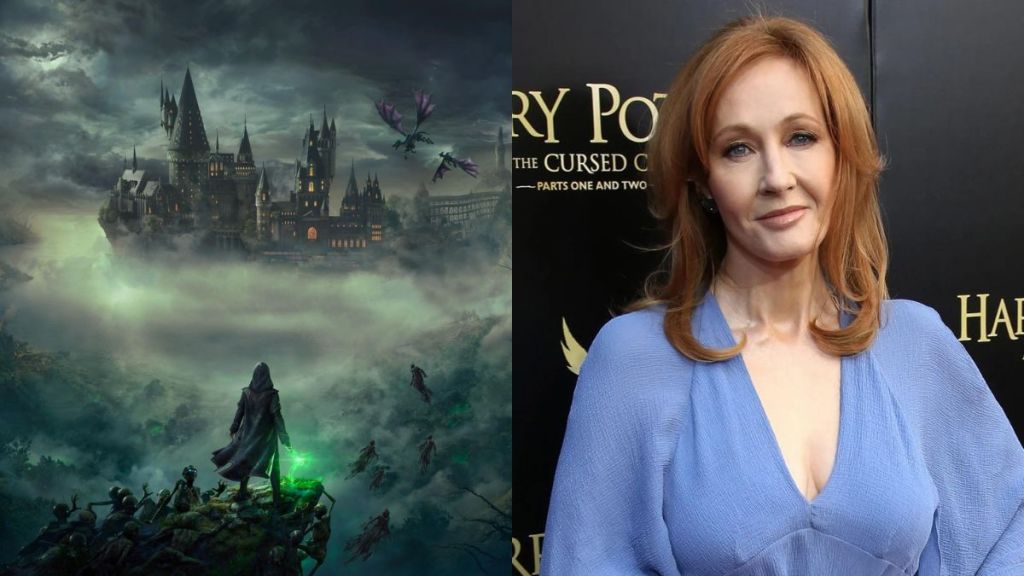
A large portion of the Hogwarts Legacy backlash has been caused by the creator of the Harry Potter series, J.K. Rowling. Since 2020, Rowling has repeatedly posted transphobic rhetoric to her Twitter audience of nearly 14 million, asserting her stance against transgender people. Rowling, who identifies as a “trans-exclusionary radical feminist” (or TERF), has pointedly left out transgender women from her ideals, labeling them as a threat to the welfare of “real” women. Rowling has even published a lengthy essay that fully explains her thought process, showcasing just how dedicated she is to perpetuating her oppressive views — and how unlikely she is to issue any form of apology.
Rowling’s line of thinking is not only fundamentally flawed, but dangerous. Labeling cisgender women as “real” women only serves to further ostracize, fetishize, and alienate transfeminine people, who already face exponentially higher rates of harassment and bigotry in society due to their identities. Excluding transfeminine people from the feminist conversation is inherently unproductive, as transfeminine people of color are frequently made the targets of attacks rooted in intersections of transphobia, racism, and misogyny. Rowling’s crusade against the transgender community has motivated other Twitter users to join her in perpetuating these harmful ideals, with the hashtag #IStandWithJKRowling hosting thousands of Tweets that reinforce Rowling’s views.
Related: 5 LGBTQ+ developed games to play instead of Hogwarts Legacy
As a result of Rowling’s continued disdain for the trans community, former Potterheads have renounced the entire Harry Potter series, throwing in the towel on a franchise that was dear to them. LGBTQ+ people and allies grew even more frustrated when Hogwarts Legacy was announced, as the game would undoubtedly draw international attention and, as a result, put more money into J.K. Rowling’s pocket. LGBTQ+ groups and their allies banded together online to boycott the new game, with some groups even releasing game bundles of their own as a way to redirect players to LGBTQ+-fronted media.
Recurring anti-Semitic themes in the Potterverse

With that being said, transphobia isn’t the only issue that Hogwarts Legacy boycotters have pointed out. One of the main points of contention within the original Harry Potter series was the inclusion of goblins as money-hungry bankers with long noses, which was recognized as an amalgamation of anti-Semitic stereotypes. Although the developers had an opportunity to correct this glaring issue with the creation of Hogwarts Legacy, it appears they’ve doubled down on including caricatures of Jewish people within the game’s main storyline.
One of the main plot points of Hogwarts Legacy is to defeat Ranrok, a greedy goblin who is hunting down a sacred artifact. The goblin’s portrayal as villainous, paired with the heavy historical parallels related to the struggles endured by Jewish people, has only reinforced that the original goblins featured in the Harry Potter franchise were not a product of coincidence. Rowling’s continuous use of anti-Semitic stereotypes in her storytelling has understandably angered Jewish fans, some of which have joined the movement to boycott the game.
Related: Somehow, the Hogwarts Legacy spoiler trend has gotten Ant-Man and the Wasp involved
Reception and success — why does a boycott matter?
The combination of transphobia and anti-Semitism surrounding Hogwarts Legacy’s release has led large groups of people and even streamers to voice their disinterest in purchasing the game. Critics say that supporting the game is indirectly encouraging the continuation of these views and allowing its creators — including J.K. Rowling — to profit from harmful rhetoric and caricatures of historically marginalized people. A streamer by the name of Veronica “Nikatine” Ripley got the attention of numerous online news outlets when she tweeted her opposition to Hogwarts Legacy, with several other streamers following suit.
Despite all of the claims placed against J.K. Rowling and Hogwarts Legacy, the game has received generally positive reviews, even though players are aware that something isn’t right. As a result, online news outlets have lauded the success of Hogwarts Legacy and have reduced the boycott to a “failure.” Many fans who have anticipated the game’s release have written off the waves of controversy as mere “drama,” effectively shutting down an avenue for discussion on the game’s harmful themes. It has become common for those opposing the boycott to use reductive language as a means of justifying their own decision to buy the game, but labeling boycotters as “triggered” or “haters” showcases just how little interest some people have in understanding how this hateful rhetoric affects others.
While it’s safe to say that Hogwarts Legacy won’t be going anywhere for the foreseeable future, it’s important for players to consider the cost of revisiting such a nostalgic franchise. Drowning out the criticisms of boycotters might be an easier way to enjoy new content, but putting these conversations on mute is only further silencing the voices that have gone unheard for decades. The success of Hogwarts Legacy paired with its numerous controversies prove that Hogwarts can be a magical escape for some, at the expense of the harsh realities lived by others.


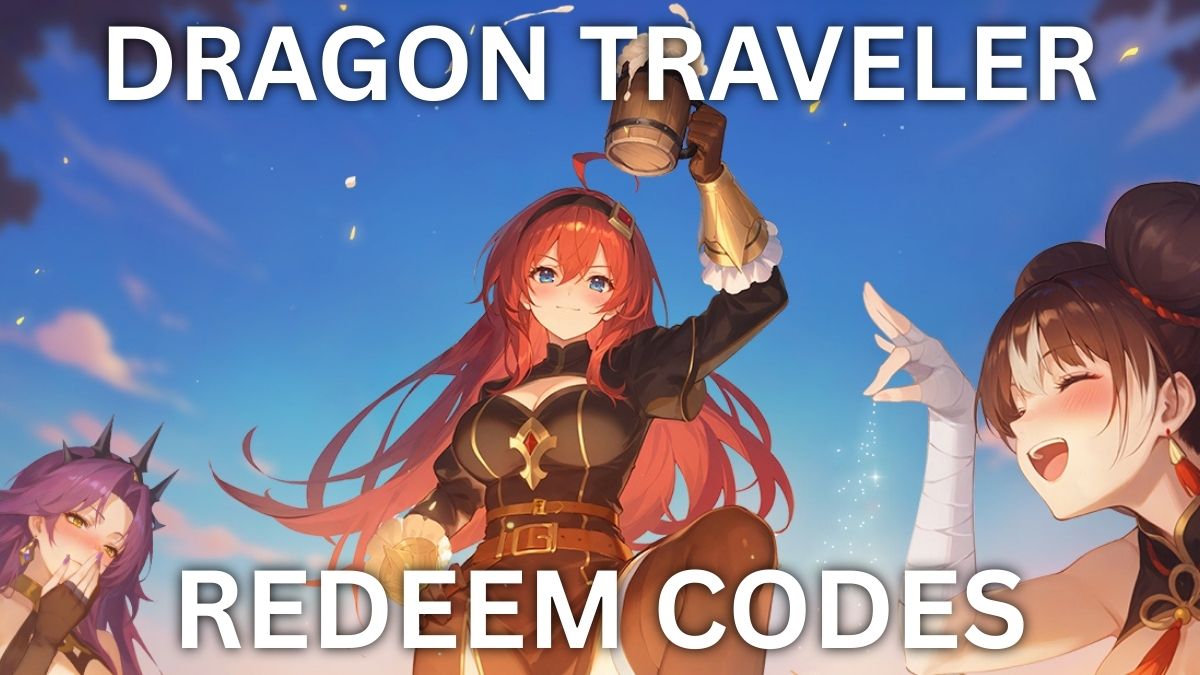

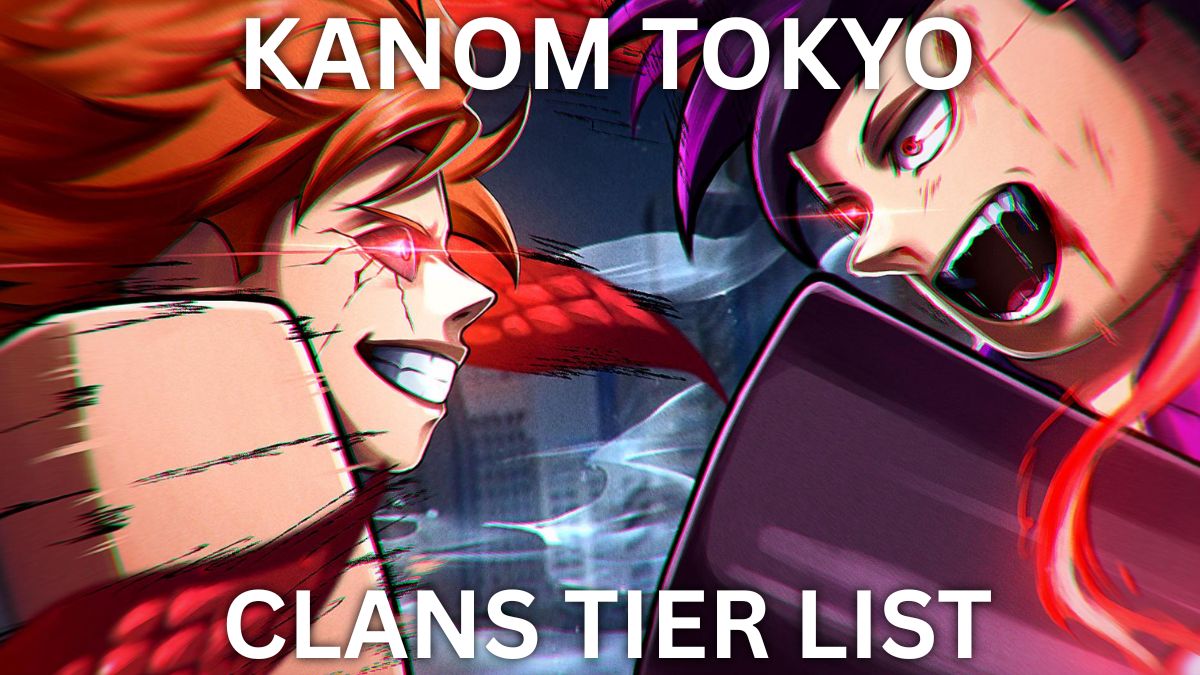

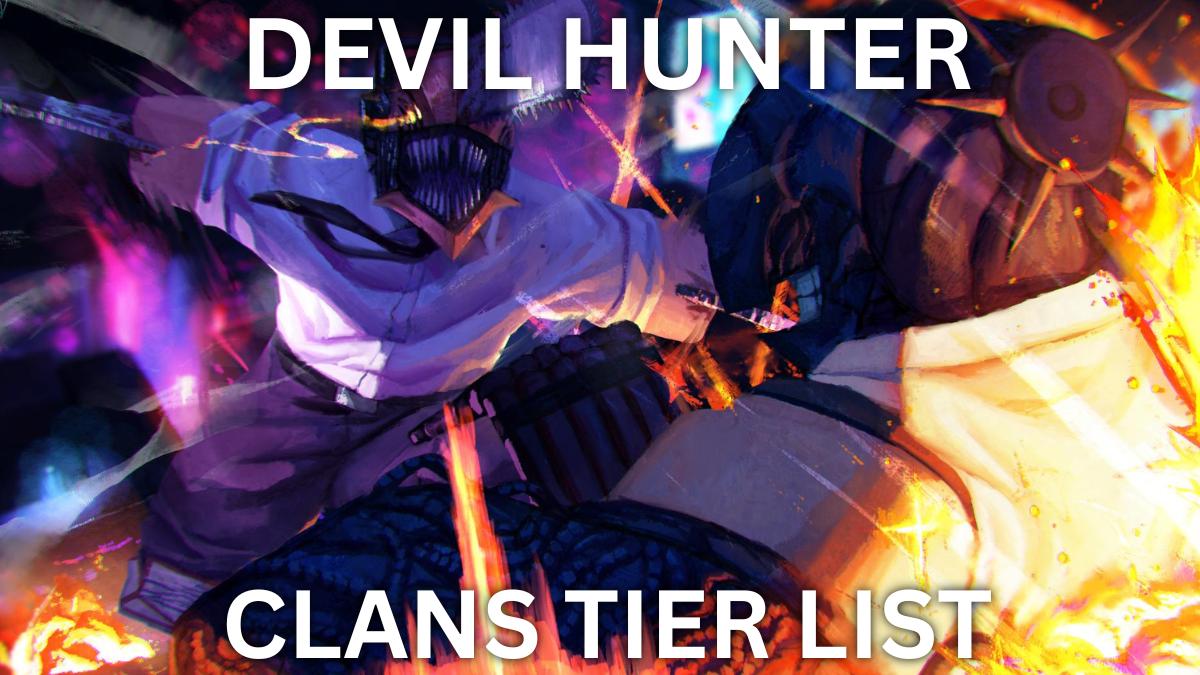
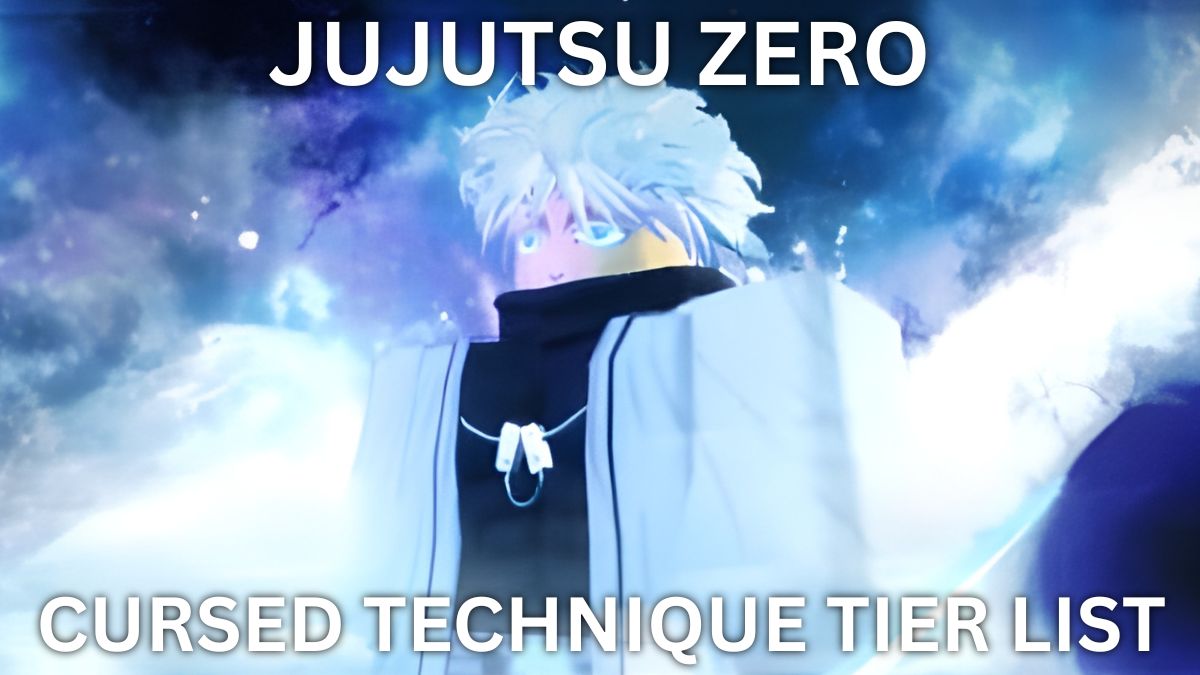

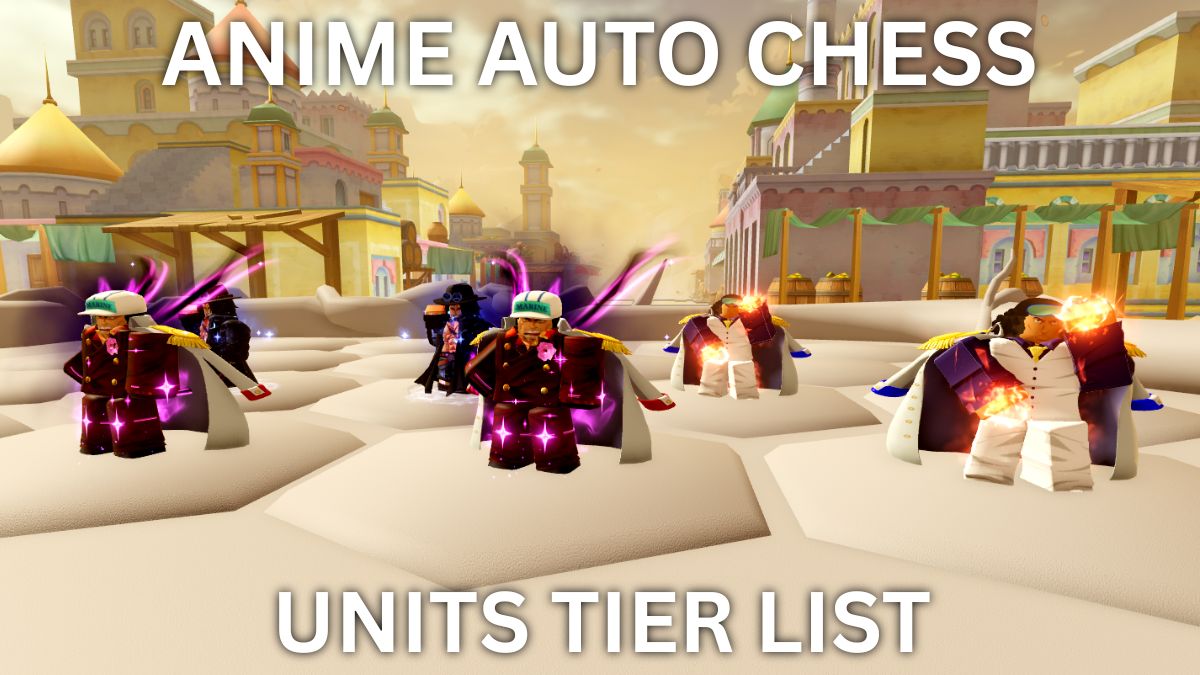
Published: Feb 15, 2023 11:23 am